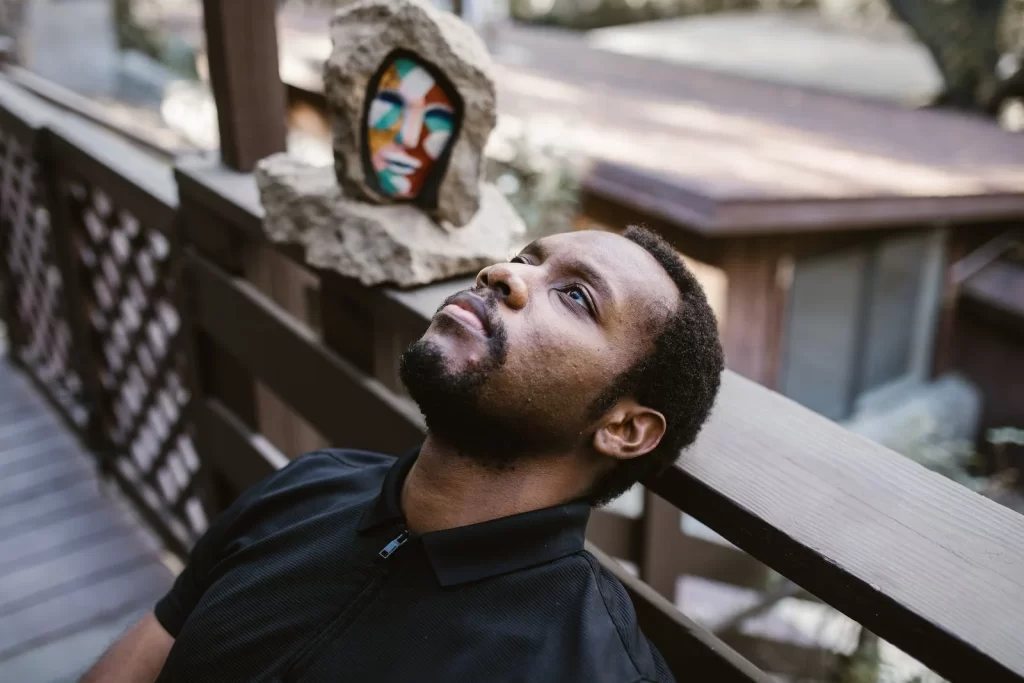What to Do When Someone With PTSD Pushes You Away?
If you have a loved one who is living with Post-Traumatic Stress Disorder (PTSD), you know that it can be an incredibly difficult experience. People who suffer from PTSD often feel as though they are in a constant state of fear, anxiety, and distress. As a result, they may try to push their loved ones away because they do not want them to see them in this vulnerable state. While it can be heartbreaking, understanding why your loved one is pushing you away and developing strategies to support them through this difficult time is key.
Understand the Feelings Behind the Behavior
The first step in supporting someone with PTSD is to understand why they are pushing you away. While it can be hard not to take it personally when someone we care about pushes us away, it’s important to remember that people with PTSD often feel overwhelmed by their emotions and may think that distancing themselves from others is the only way to cope. It’s also important to remember that everyone responds differently to trauma—so what works for one person may not work for another.
Be Patient and Supportive
If your loved one is pushing you away, it’s important to stay patient and supportive. This can often mean taking things slow and allowing them space when needed. It also means being mindful of how your words or actions might affect them—for example, avoiding conversations about topics that might trigger their trauma or making sure not to pressure them into talking about their feelings if they don’t want to. Finally, make sure you are taking care of yourself during this time; self-care is essential for both yourself and the person with PTSD.
Know When to Ask For Help
The most important thing is knowing when it’s appropriate for you to step in and provide assistance—and when it may be best for your loved one to seek professional help instead. If the situation becomes unmanageable or dangerous, don’t hesitate to call 911 or take other steps necessary for safety.
Seek Professional Help
Sometimes there are certain situations where professional help may be necessary. If your loved one has been struggling with suicidal thoughts or if their behavior becomes dangerous or unmanageable, it is important that they get professional help right away. Similarly, if the situation becomes too overwhelming for either of you, seeking out a therapist or other mental health professional can help provide tools and strategies for managing the symptoms of PTSD in a safe and supportive environment.
Navigating relationships with someone who has PTSD can be challenging but not impossible as long as both parties are willing to put in the effort required for success. It’s natural for us all to want our loved ones facing PTSD to feel supported during challenging times but it’s also important not to do anything that could make things worse in the long run.
Supporting someone with Post-Traumatic Stress Disorder (PTSD) can be challenging but also incredibly rewarding when done correctly. Understanding why your loved one might be trying to push you away and developing strategies for coping will go a long way in helping them manage their symptoms. Be patient and supportive while also making sure that both of you are taking care of yourselves so that everyone involved will benefit from this experience as much as possible.
We can support our family members or friends suffering from PTSD in a healthy way without pushing them away further away from us. Ultimately, seeking out professional help if needed should always remain an option so that those living with PTSD can receive specialized care when needed most!




